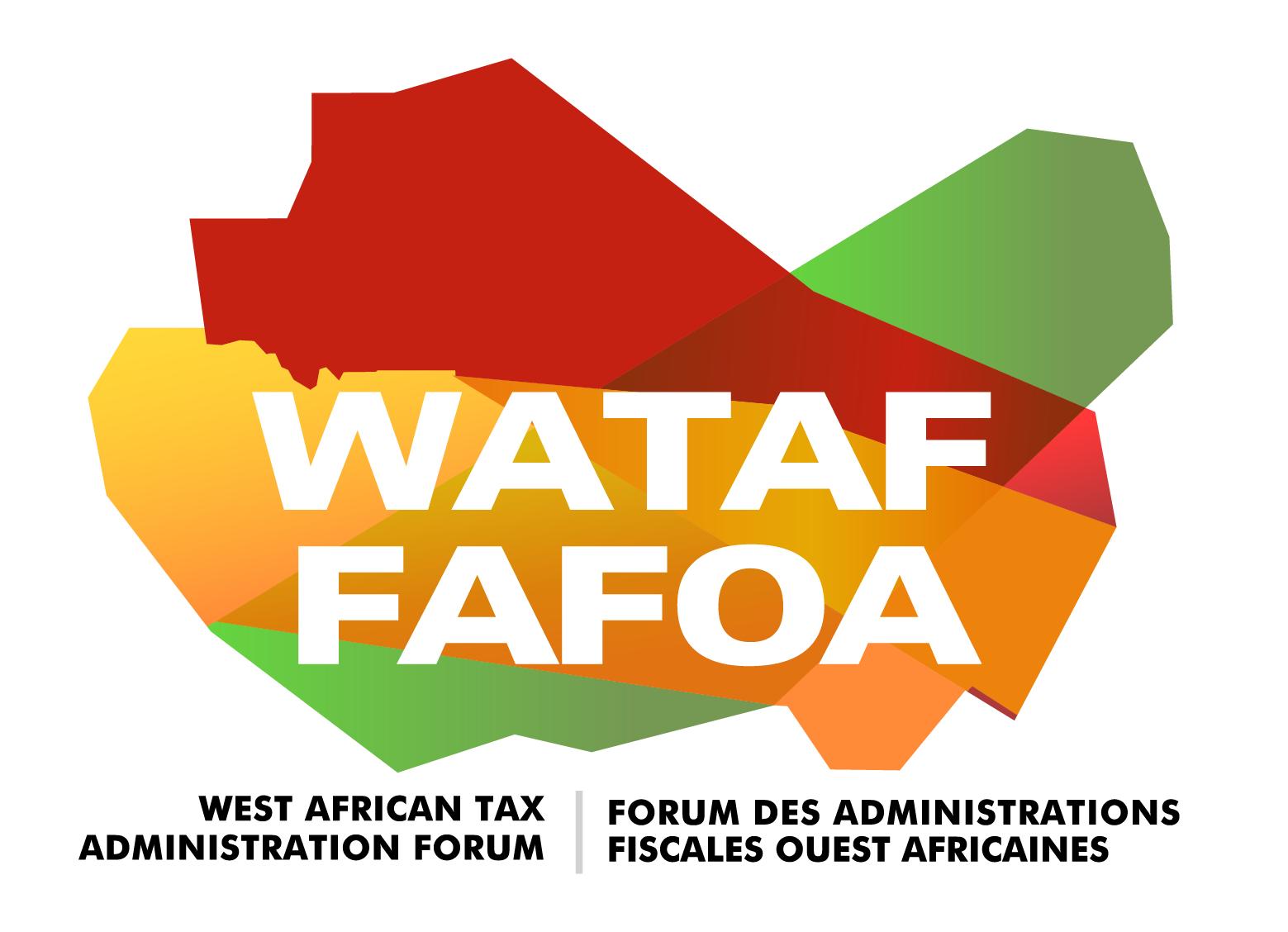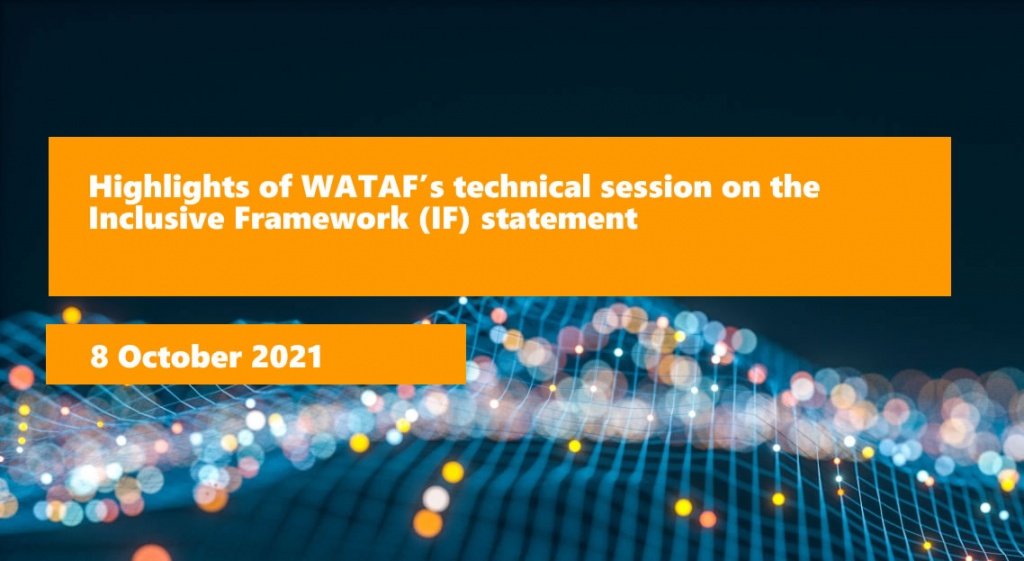Following the OECD/G20 Inclusive Framework (IF) statement of 8 October 2021 on Base Erosion and profit shifting, the West African Tax Administration Forum (WATAF) organised a technical session to discuss the policy implication arising from the statement on 26-27 , October, 2021.
Tax Experts from the Federal Inland Revenue Service (FIRS), Nigeria, African Tax Administration Forum (ATAF), Ministry of Treasury, Argentina and OXFAM were facilitators at the technical session.
168 participants from Member States and from countries around the world agreed on the following recommendations:
Member States should increase their involvement and active participation in the development of rules relating to the taxation of the digital economy and other rules relating to the taxation of Multinational Enterprises going forward.
There is need for greater cooperation within the region with the aim of identifying and clearly articulating international tax policies that are of interest to the region.
Member States are encouraged to develop the capacity of their staff on international tax matters, especially in digital economy and the taxation of Multinational Enterprises.
Members States should ensure that only experts and best brains are deployed as delegates in future negotiations and work-streams on international taxation.
There is need for greater collaboration and cooperation within the region in updating Member States on contemporary issues in taxation and educating them on revenue implications of such issues.
Tax authorities are encouraged to engage, update and provide technical advice to their policy makers and political leaders on the revenue implication of issues and the most appropriate country-position.
Members are encouraged to explore suitable local options that could be relied on for domestic revenue mobilisation.
Members are encouraged to cooperate and provide assistance to each other on international tax matters, especially in capacity building and technical assistance.
Members should take proper consideration of issues and carry out adequate impact analysis before decision making.
Global agreements of this scale involve a lot of external lobbying and political manoeuvrings, therefore it is important that political leaders within the region actively engage in discussions on contemporary international tax issues and give direction on such issues in order to ensure a unified front that is formidable in negotiations that produces a favourable outcome for the region.
We thank our esteemed stakeholders that made this event a success. WATAF is committed to ensure that Member States speak in one voice in tax administrative matters – including matters relating to the Taxation of the Digital Economy. We shall work with Member States that may require technical assistance in making decisions on the subject.








 Views Today : 35
Views Today : 35 Total views : 37580
Total views : 37580